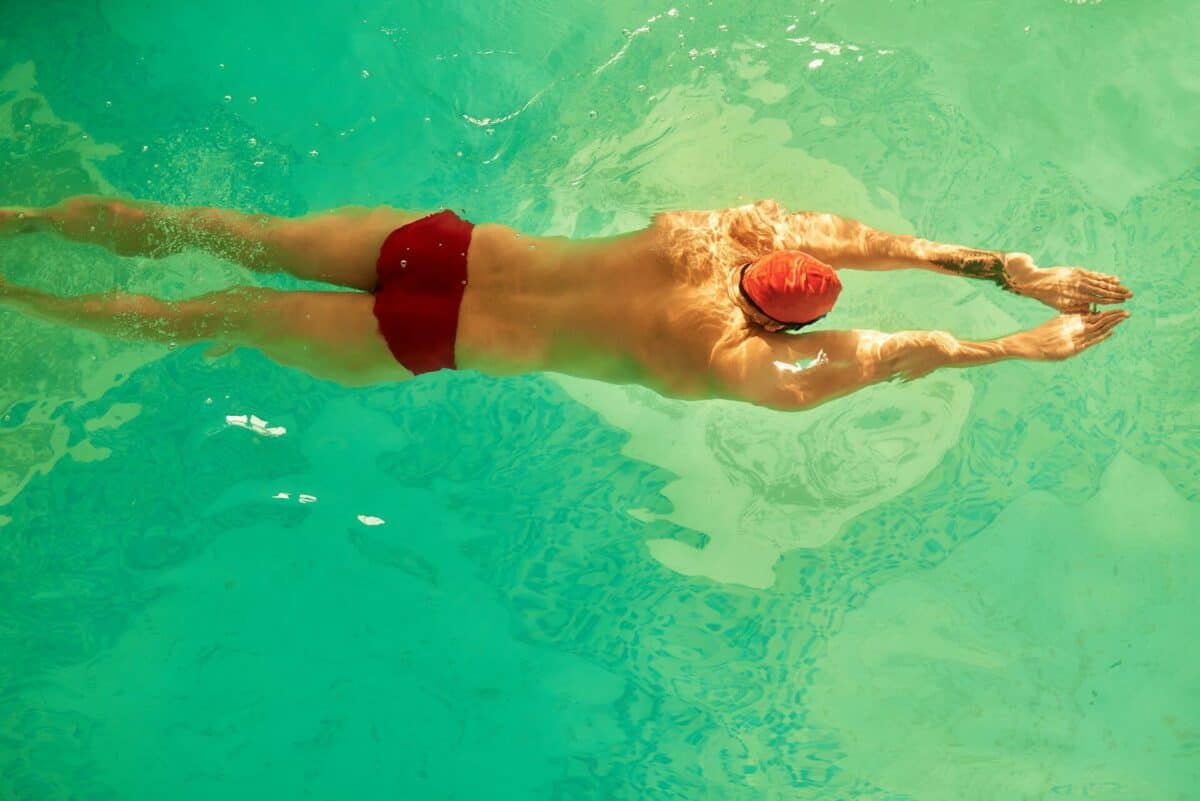0% financing available. Up to 3-year loss and damage guarantee.

Dive into Prevention: Effective Strategies to Avoid Swimmer’s Ear
- Navigating the Conversation: The Significance of Thoughtful Disclosure in Hearing Loss - December 10, 2023
- The Sound of Dreams: Understanding How Hearing Loss Impacts Dreaming - November 7, 2023
- Traveling Effectively with Hearing Aids - October 16, 2023
Swimmer’s Ear, medically known as otitis externa, is a common condition that affects swimmers and water enthusiasts. It occurs when water becomes trapped in the ear canal, leading to inflammation and infection. While Swimmer’s Ear can be uncomfortable and disruptive, the good news is that it is highly preventable. In today’s discussion, we will explore some effective strategies to keep Swimmer’s Ear at bay and ensure you can enjoy your aquatic adventures without any worries.
Keep It Dry: Essential Tips for Water Warriors
Swimmer’s ear thrives in a moist environment, so keeping your ears dry is crucial. Start by using earplugs specifically designed for swimming. These handy accessories create a waterproof barrier, preventing water from entering your ear canal. Additionally, after swimming or any water-related activities, tilt your head to the side and gently tug on your earlobe to allow water to drain out. Using a soft towel, gently pat your ear dry, ensuring no moisture remains.
The Power of Prevention: Using Ear Drops for Swimmer’s Ear
Preventative ear drops can be a game-changer in your battle against swimmer’s ear. These drops, available over the counter, contain a combination of drying agents and antibacterial properties that help create an inhospitable environment for bacteria and fungi. Before and after swimming, apply a few drops of these ear drops into each ear. The drops will help evaporate any residual water and protect your ears from infection-causing organisms.
Cleansing Rituals: The Art of Ear Hygiene
Maintaining proper ear hygiene is vital in preventing swimmer’s ear. Avoid inserting objects such as cotton swabs or bobby pins into your ears, as they can damage the delicate ear canal and increase the risk of infection. Instead, gently clean the outer part of your ears with a washcloth during your regular bathing routine. Remember, the ear is self-cleaning, and excessive cleaning can disrupt its natural balance.
Gear Up: Swim with Confidence
Investing in quality swimming gear can go a long way in preventing swimmer’s ear. Consider using a swim cap or a neoprene headband to create a barrier between your ears and the water. Not only will these accessories keep your hair dry, but they will also prevent water from entering your ear canals. Additionally, wearing goggles while swimming helps maintain clear vision and reduces the temptation to submerge your head frequently.
Dry It Out: A Post-Swim Routine
After you finish swimming, make sure to dry your ears thoroughly to eliminate any lingering moisture. Tilt your head sideways and gently pull on your earlobe to encourage water drainage. Utilize a soft, absorbent towel or a hairdryer set on a low, cool setting to carefully dry the outer part of your ears. Avoid excessive heat, as it can cause discomfort or damage the delicate skin in and around your ear.
Wrapping It All Up
By following these preventive measures, you can significantly reduce the risk of swimmer’s ear and enjoy your aquatic adventures with peace of mind. Remember to keep your ears dry, use preventative ear drops, maintain proper ear hygiene, invest in quality swimming gear, and ensure thorough post-swim drying. With these strategies in place, you can dive into your favorite water activities without worrying about the discomfort of Swimmer’s Ear. Stay dry, stay safe, and enjoy the water to the fullest!
We sincerely hope that you have found the information presented here to be not only useful but also exceptionally helpful in your understanding of Swimmer’s Ear. If you have any questions or concerns related to Swimmer’s Ear or any other aspects of your hearing health, please do not hesitate to reach out to us. Our friendly and dedicated staff of highly trained hearing health professionals is readily available and eager to provide you with comprehensive support and guidance for all your hearing health needs. Whether it’s advice on preventative measures, treatment options, or simply general information, we are here to assist you every step of the way on your journey to optimal hearing health and well-being.
